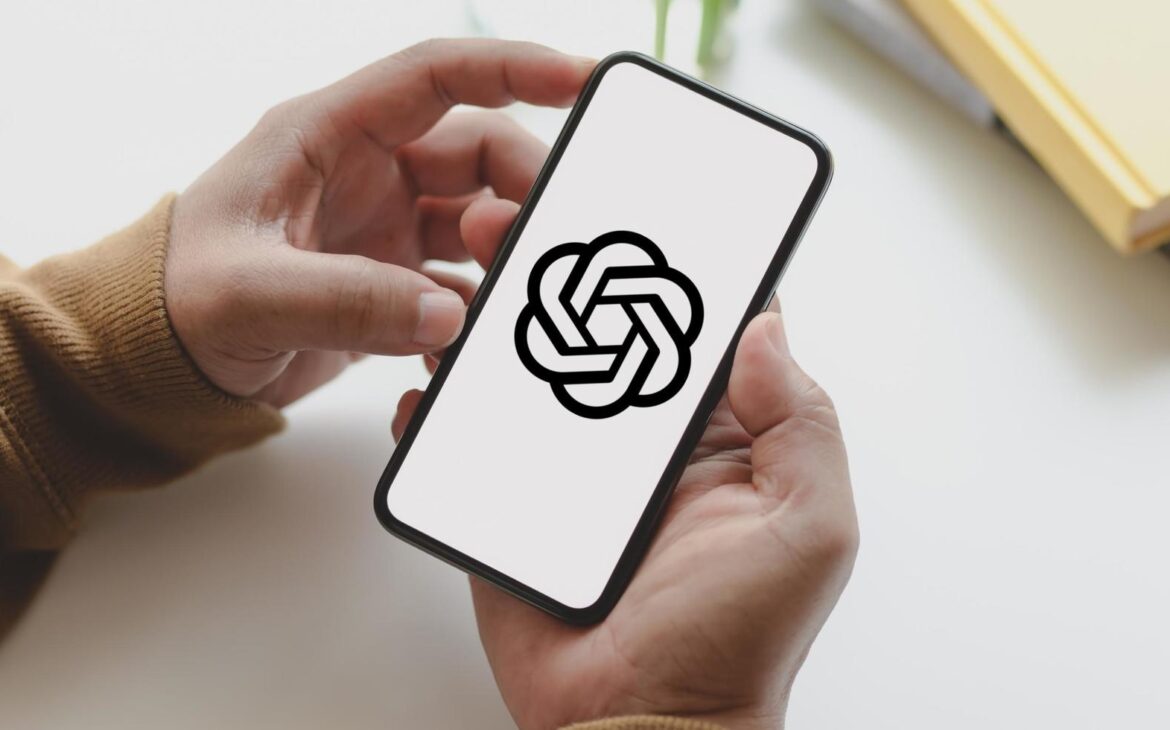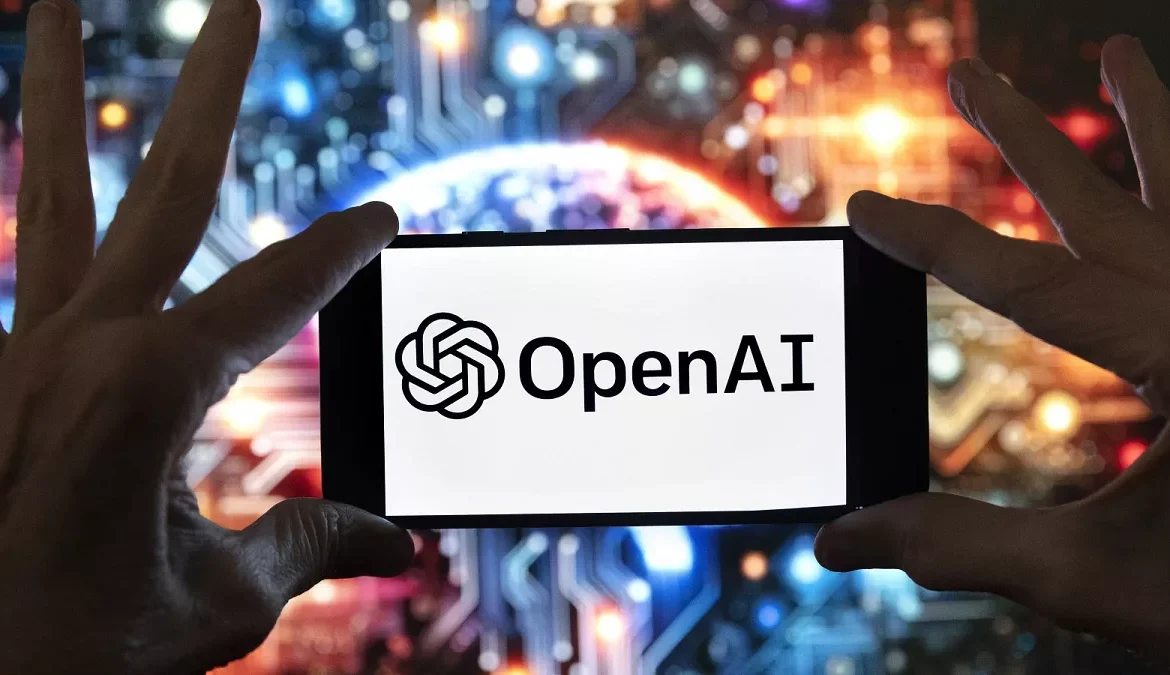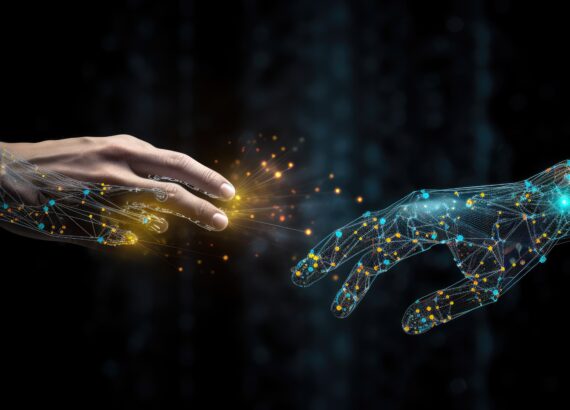Hey, readers? We are all getting used to the new technologies, especially AI. I admit that when it comes to writing a professional email, I fear that it’ll sound unprofessional or not up to the mark. I just don’t trust myself to sound professional anymore. It got me thinking—how many of us are leaning on AI for stuff we used to do without a second thought? So, the question is – Are we forgetting how to think for ourselves, to the point where even basic tasks feel impossible without AI? This blog discusses the fear of being dependent on AI. Let’s get going!
AI’s Takeover: How We Got Here
Actually, it’s hard to believe but it’s only been a few years since ChatGPT came into our lives. It took all of the limelight and won over our hearts. Then came the competition: Grok, Claude, and a whole squad of AI models, each trying to outsmart the other. Your mom’s probably using AI to plan her book club, and your boss is definitely leaning on it to draft that “urgent” memo.
This is because AI is a time-saver, a lifesaver, and sometimes a straight-up ego boost. This isn’t a new idea. Back when calculators became a thing, people worried we’d forget how to add. GPS made us ditch paper maps, and now most of us can’t navigate without Waze. But AI’s different. It’s not just crunching numbers or giving directions—it’s taking over thinking itself, from logic to creativity. And that’s where things get dicey.

Problem-Solving: Where’s the Struggle?
Hey, remember the satisfaction of wrestling with a tough problem and finally cracking it? That’s your brain growing stronger. But when AI hands you the answer on a silver platter, you miss out. A 2023 study in Frontiers in Psychology looked at college students using AI for homework. Those who leaned on tools like ChatGPT for essays or math problems scored lower on tests of original reasoning than students who slogged through it themselves. Why? The struggle—the part where you bang your head against the wall—is where the real learning happens. Think about it: if you’re a student and ChatGPT writes your history paper, you might get an A, but you’re not learning how to research, argue, or connect the dots. Over time, that adds up. You’re not just borrowing AI’s brain for one assignment; you’re training yourself to depend on it. And soon, even simple tasks—like summarizing a chapter or brainstorming ideas—start feeling impossible without a prompt.
Memory: What’s That Thing Called Again?
Here’s another thing AI’s messing with: your memory. Our brains are built to store information through repetition and effort. When we outsource fact-finding or problem-solving to AI, we’re skipping that process. A 2024 study from UC Berkeley found that people who used AI for quick answers (like “What’s the capital of Peru?” or “How do I fix this code?”) remembered less than those who dug through books or websites. It’s like the “Google effect” on steroids—why bother remembering anything when AI’s got it all? I felt this myself recently. I asked Grok to summarize a book I was reading for a project. It gave me a perfect, tidy summary, and I moved on. But a week later, when someone asked me about the book, I drew a blank. I hadn’t engaged with the material—I just let AI do the thinking. Sound familiar? It’s not just me. We’re all at risk of becoming mental couch potatoes.

Creativity: Are We Still Original?
Creativity is supposed to be our human superpower, right? But even that’s taking a hit. AI can whip up poems, stories, or even “original” artwork faster than you can say “writer’s block.” The catch? It’s all based on patterns from existing data. When we lean on AI for creative tasks, we’re often just recycling what’s already out there. A 2024 Adobe survey found that 60% of professional creatives—designers, writers, artists—worried that AI was making their work less unique. They felt like they were losing their spark, relying on tools to fill in the blanks. I tried this myself: I asked ChatGPT to write a short story about a haunted lighthouse. It was decent—creepy, atmospheric, all the right vibes. But it felt… generic. Like something I’d read a hundred times before. When I wrote my own version, it was messier, sure, but it had me in it—my quirks, my voice. That’s what we’re losing when we let AI take the wheel: the messy, beautiful process of creating something truly ours.
Basic Tasks? Not So Basic Anymore
Here’s where it gets actually true: people are struggling with stuff they used to do without blinking. I saw a thread on X in early 2025 where users were venting about coworkers who couldn’t draft a meeting agenda without AI or friends who needed Grammarly to write a text message. It’s not just anecdotes, either. A 2024 Pew Research Center report said 45% of workers felt less confident doing tasks manually after using AI tools regularly. It’s like we’re forgetting how to function without a digital crutch. I’ve seen it in my own life.

Understanding What’s at Stake?
Hey, this isn’t just about you or me—it’s about where we’re steered as a wholesome. And if we all get dumber because we’re limiting our brains, then we need to understand that innovation is at stake for sure. To solve big problems like climate change or inequality? A 2025 McKinsey report warned that over-relying on AI could create a “skills gap,” where workers are great at using tools but terrible at thinking on their feet. Schools are already scrambling to figure out how to teach kids in an AI world, pushing stuff like emotional intelligence and ethics—things AI can’t touch. Work’s changing, too. Employers love AI because it boosts productivity, but they’re starting to notice employees who can’t adapt without it. If your job’s just prompting AI all day, what happens when the tech changes or the power goes out? We’re at risk of becoming a generation of button-pushers, not thinkers.
Conclusion
In conclusion, I’m not saying AI’s out to steal our souls—or our IQs. It’s a tool, and tools are only as good as the people wielding them. The fear that ChatGPT is making us dumber comes from a real place: we see skills slip, confidence wane and basic tasks turn into mountains. But we’re not helpless. Humans are ridiculously adaptable. We figured out how to live with fire, wheels, and the internet. We can figure out AI, too. Nextr Technology is the best web development agency in Delhi. We provide insightful articles to create awareness and understanding among users and professionals. To know more, contact us!
Thank you for reading
Buy Web Hosting at an affordable price: Buy Now.
If you want to build your website at an affordable price, contact www.nextr.in
Read this: Open AI Academy – An Opportunity to Avail AI Tools and Training


















